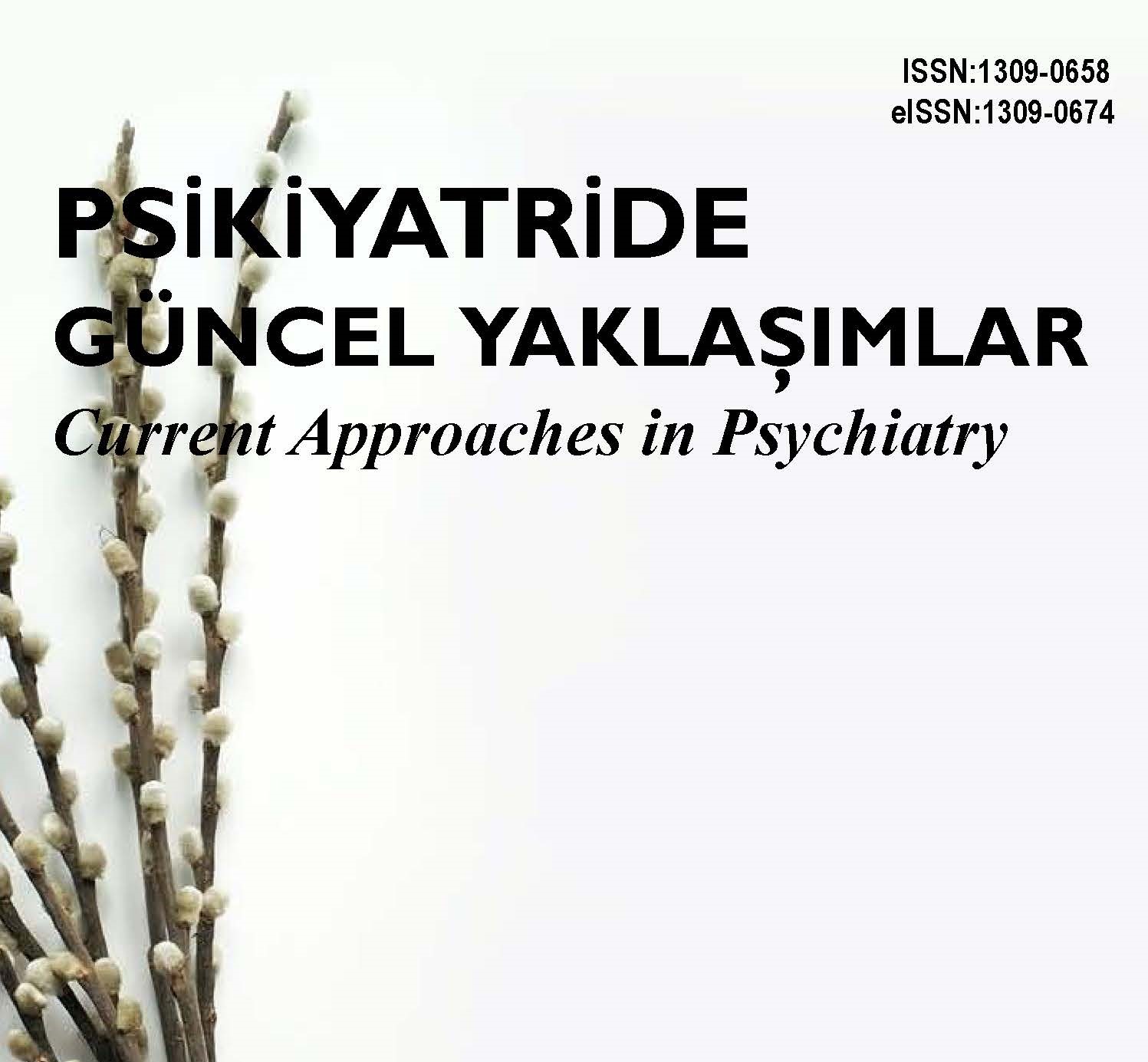Korumacı ve Düşmanca Cinsiyetçiliğin Kadınların Sözel ve Sayısal Performansı Üzerindeki Etkileri
Effects of Benevolent and Hostile Sexism on Women's Verbal and Quantitative Performance
Author(s): Deniz Eniç, Leman Pınar TosunSubject(s): Gender Studies, Sociolinguistics, Cognitive Psychology, Psychology of Self, Behaviorism
Published by: Çukurova Universitesi Tip Fakultesi Psikiyatri Anabilim Dalı
Keywords: Hostile sexism; benevolent sexism; verbal performance; quantitative performance; anger;
Summary/Abstract: The aim of this study is to examine the effects of benevolent and hostile sexism (BS, HS) on women's cognitive performance (CP) and the variables playing role in these effects. Two of the three views about the impacts of BS and HS on CP (activation of stereotypes, mental intrusions) predict that exposure to BS would lead to decrease in CP, but they rationalized it differently. Anger-based reaction view predicted that exposure to HS would increase in CP. The main purpose of this study including two experiments is to test which of these three views is valid in Turkey. 80 women participated in the Experiment#1, 159 women in the Experiment#2. Participants were assigned to one of the BS, HS and Control Conditions in these experiments and verbal and quantitative tests were used for measuring CP. In the Experiment#1, quantitative performance of groups didn’t differ from each other, while verbal scores of women confronting with HS were higher than those in the BS condition. The moderator role of gender identification and self-esteem in the relationship between sexism and verbal score was tested and found to be non-significant. As the anger-based reaction view was the only one predicting higher CP in HS condition, this view was examined in Experiment#2 in detail. In the Experiment#2, the quantitative performance of the groups didn't differ, but the verbal performance of women in the HS condition was higher than the performance of women in the other conditions, and anger was mediated in this relationship. Shortly, findings support the anger-based reaction view and reveal that the effects of sexism on CP depends performance domain.
Journal: Psikiyatride Güncel Yaklaşımlar
- Issue Year: 13/2021
- Issue No: Suppl. 1
- Page Range: 84-109
- Page Count: 26
- Language: Turkish

